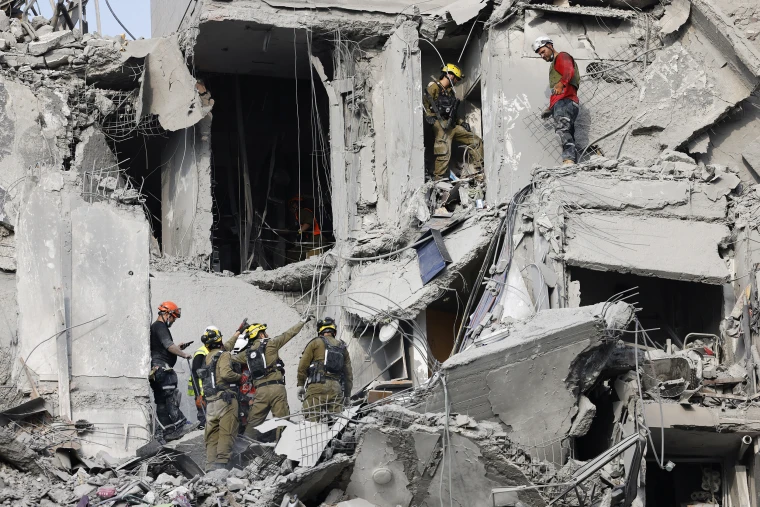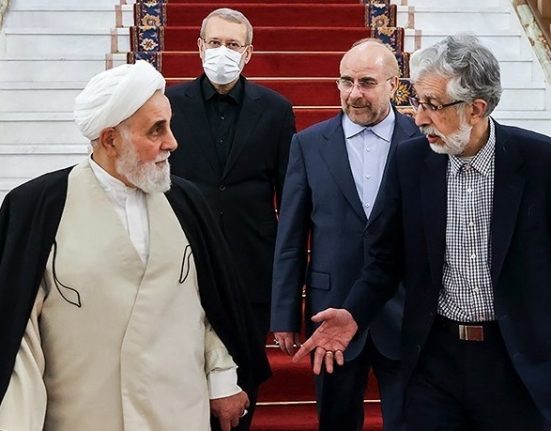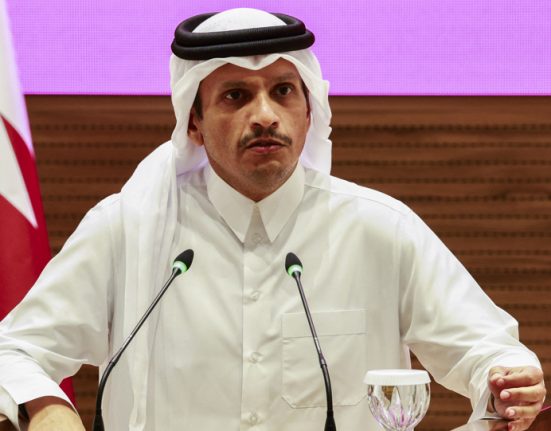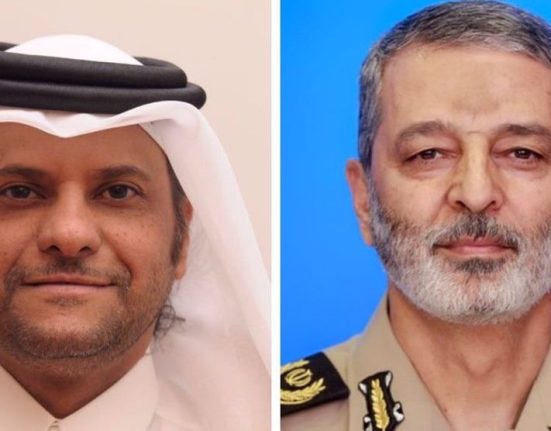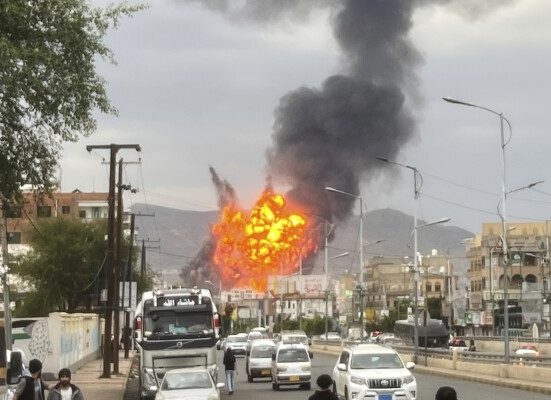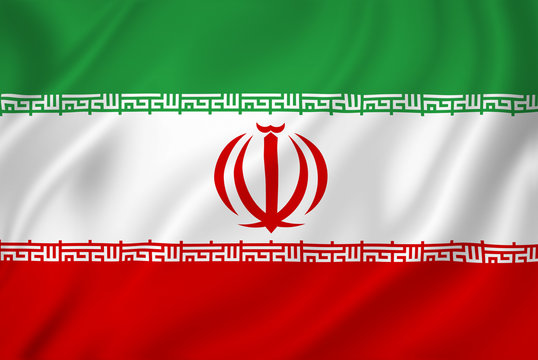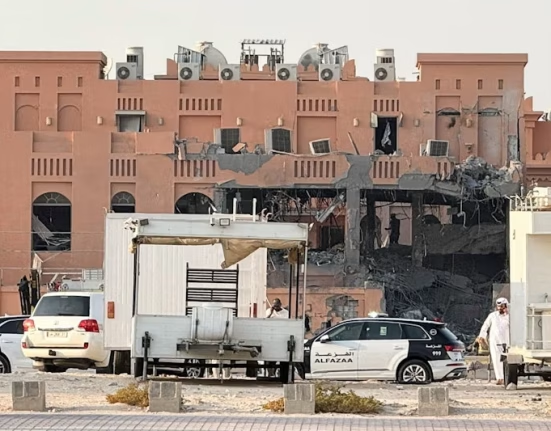Following nearly two weeks of heightened military confrontation between Israel and the Islamic Republic of Iran, a ceasefire has officially been announced by former United States President, Donald Trump, on June 24. The truce brings a temporary halt to one of the most intense escalations in the region in recent years, which has resulted in significant loss of life and widespread destruction.
According to reports, over 600 individuals were killed in Iran during a series of sustained Israeli airstrikes that targeted not only military positions but also nuclear research facilities and key scientific institutions. The Israeli Defence Forces carried out what was described as a calculated operation aimed at neutralising Iran’s strategic capabilities, particularly in the nuclear and missile development sectors.
In response, Iranian forces launched a series of retaliatory attacks, including missile strikes that hit multiple targets within Israel. These counterattacks led to the deaths of at least 28 people, including both civilians and military personnel. Tensions further intensified when Iran targeted a United States military installation in Qatar, raising fears of a wider regional conflict involving global powers.
President Trump, whose announcement of the ceasefire came through an official statement, said the decision was reached after backchannel negotiations involving regional allies and international mediators. He expressed optimism that the ceasefire could pave the way for broader diplomatic engagement and reduce the risk of a full-scale war in the Middle East.
The recent escalation had drawn global attention, with the United Nations and several governments calling for restraint on both sides. Observers say while the ceasefire is a welcome development, the underlying tensions between Israel and Iran—rooted in long-standing ideological, geopolitical, and military rivalry—remain unresolved.
The humanitarian toll of the conflict has been severe, with hospitals overwhelmed, infrastructure damaged, and thousands displaced, particularly in areas affected by direct strikes. International humanitarian organisations have appealed for urgent aid and unrestricted access to assist those impacted by the hostilities.
As the region takes a tentative breath, analysts note that the ceasefire remains fragile, with no formal agreement yet announced regarding long-term security guarantees or diplomatic reconciliation between the two nations.

